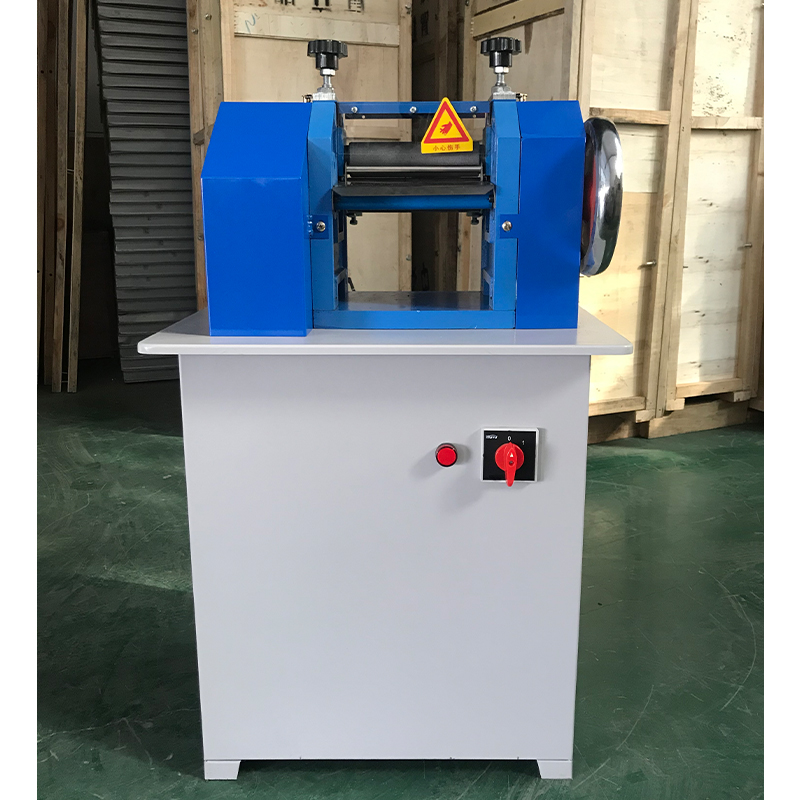universal tensile tester machine
Understanding Universal Tensile Tester Machines Essential Tools for Material Testing
In today’s manufacturing and engineering sectors, material integrity and quality are paramount. One of the key tools used in ensuring these aspects is the universal tensile tester machine. This versatile device plays a critical role in evaluating the mechanical properties of various materials, thus providing invaluable data that informs production processes, quality control, and research applications.
What is a Universal Tensile Tester Machine?
A universal tensile tester, often referred to as a universal testing machine (UTM), is designed to measure the tensile strength, compressive strength, and other mechanical properties of materials. This machine operates by applying a controlled tensile force to a specimen until it undergoes failure, allowing engineers and researchers to assess properties such as yield strength, ultimate tensile strength, elongation, and modulus of elasticity.
The UTM comprises several key components, including a load cell, control panel, and grips. The load cell measures the force applied to the specimen, while the control panel allows the operator to set parameters, monitor the test, and record data. The grips hold the specimen securely in place, ensuring a uniform force application.
Types of Testing Performed
Universal tensile testers are capable of conducting various types of tests, including
1. Tensile Testing This is the most common application, where the machine pulls the specimen until it breaks, measuring the force and elongation throughout the process. 2. Compression Testing Some machines can also perform compression tests, where the material is subjected to a compressive force until failure. 3. Flexural Testing This tests the ability of materials to resist deformation under load, providing insight into their bending properties. 4. Shear Testing This examines the material's response to shear forces, important for understanding how materials perform in real-world applications.
universal tensile tester machine

Applications Across Industries
Universal tensile testers are used across various industries, including manufacturing, aerospace, automotive, and construction. In manufacturing, they help ensure that raw materials meet the required specifications before being used in products. For the aerospace industry, understanding material properties at different temperatures and conditions is crucial; hence, these testers provide critical data for designing components that withstand extreme conditions.
In the automotive sector, tensile testing is fundamental in assessing the durability of materials used in vehicles. This not only impacts safety but also performance and fuel efficiency. Similarly, the construction industry uses tensile testers to evaluate materials like steel and concrete, ensuring that they meet regulations and standards necessary for building structures that are both safe and durable.
Importance of Accurate Testing
Accurate testing using universal tensile testers is vital for several reasons. First, it helps prevent catastrophic failures by ensuring that materials can withstand the forces they will encounter in their intended applications. This is particularly important in safety-critical industries. Second, precise measurements of material properties enable manufacturers to optimize their material choices and designs, leading to cost savings and improved performance.
Moreover, in research and development settings, data gathered from tensile tests can guide innovations in material science, leading to the development of stronger, lighter, and more resilient materials.
Conclusion
In conclusion, the universal tensile tester machine is an essential instrument in the field of material testing. Its ability to accurately measure mechanical properties ensures that materials meet the necessary standards for various applications. By providing critical data on tensile strength, elasticity, and other properties, these machines not only contribute to quality control and product safety but also drive innovation in materials engineering. As materials continue to evolve, the role of universal tensile testers will remain vital in shaping the future of manufacturing and engineering.
-
The Role of Tensile Force Testers in Quality Control and Material Science
NewsAug.01,2025
-
Maintenance and Safety Tips for Aging Ovens
NewsAug.01,2025
-
Density Balance in Forensic Science
NewsAug.01,2025
-
Advanced Optical Measurement Technologies
NewsAug.01,2025
-
A Buyer’s Guide to Tensile Test Machines
NewsAug.01,2025
-
Why the Conductor Resistance Constant Temperature Measurement Machine Redefines Precision
NewsJun.20,2025
 Copyright © 2025 Hebei Fangyuan Instrument & Equipment Co.,Ltd. All Rights Reserved. Sitemap | Privacy Policy
Copyright © 2025 Hebei Fangyuan Instrument & Equipment Co.,Ltd. All Rights Reserved. Sitemap | Privacy Policy

